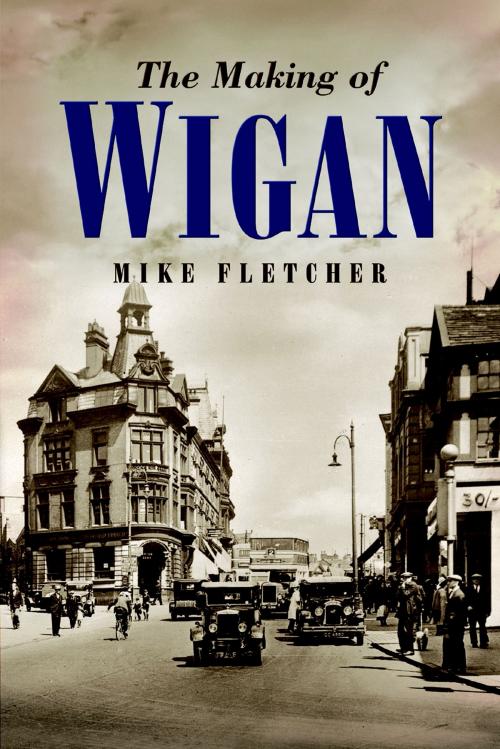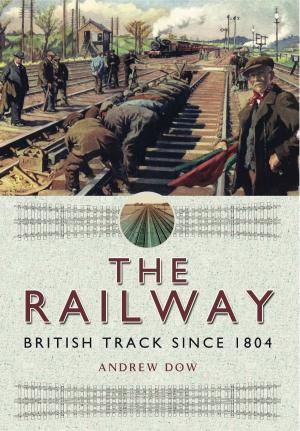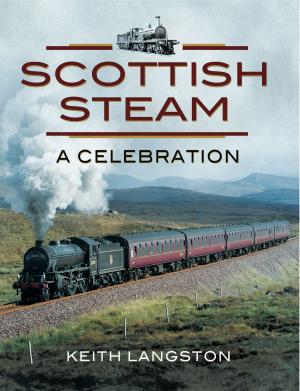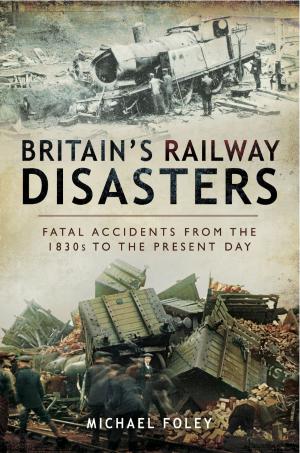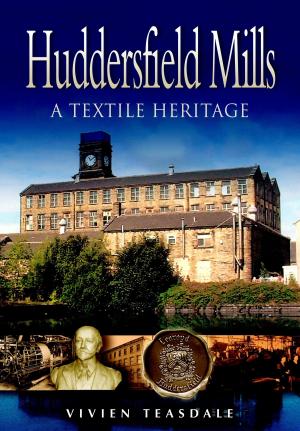| Author: | Mike Fletcher | ISBN: | 9781783035885 |
| Publisher: | Wharncliffe | Publication: | April 30, 2005 |
| Imprint: | Wharncliffe | Language: | English |
| Author: | Mike Fletcher |
| ISBN: | 9781783035885 |
| Publisher: | Wharncliffe |
| Publication: | April 30, 2005 |
| Imprint: | Wharncliffe |
| Language: | English |
The Making of Wigan summarises the evolution, and highlights the significant changes, in one of Lancashire’s most important town’s, from Roman origins through to modern times. Tribute is paid to the resilience and determination of Wiganer’s in time of adversity, particularly during the English Civil War and when dealing with the Trauma of two World Wars.
The town’s prosperity and economy expanded during much of the nineteenth century, helped by coal and cotton, but also saw mixed fortunes, as Wigan experienced poverty and unemployment alongside the decline of its traditional industries. In more recent years Wigan has been transformed into a modern urban centre, but remains proud of its history.
The book details the developments of the towns transport systems, local collieries with working conditions, strikes, accidents and mining developments all included. Also covered is the history of Wigan’s cotton history and the many changes to the town centre buildings and the leisure and recreation activities available to locals. Wigan’s involvement in the English Civil War and in both World Wars is covered along with Jacobite Rebellions.
The Making of Wigan summarises the evolution, and highlights the significant changes, in one of Lancashire’s most important town’s, from Roman origins through to modern times. Tribute is paid to the resilience and determination of Wiganer’s in time of adversity, particularly during the English Civil War and when dealing with the Trauma of two World Wars.
The town’s prosperity and economy expanded during much of the nineteenth century, helped by coal and cotton, but also saw mixed fortunes, as Wigan experienced poverty and unemployment alongside the decline of its traditional industries. In more recent years Wigan has been transformed into a modern urban centre, but remains proud of its history.
The book details the developments of the towns transport systems, local collieries with working conditions, strikes, accidents and mining developments all included. Also covered is the history of Wigan’s cotton history and the many changes to the town centre buildings and the leisure and recreation activities available to locals. Wigan’s involvement in the English Civil War and in both World Wars is covered along with Jacobite Rebellions.
